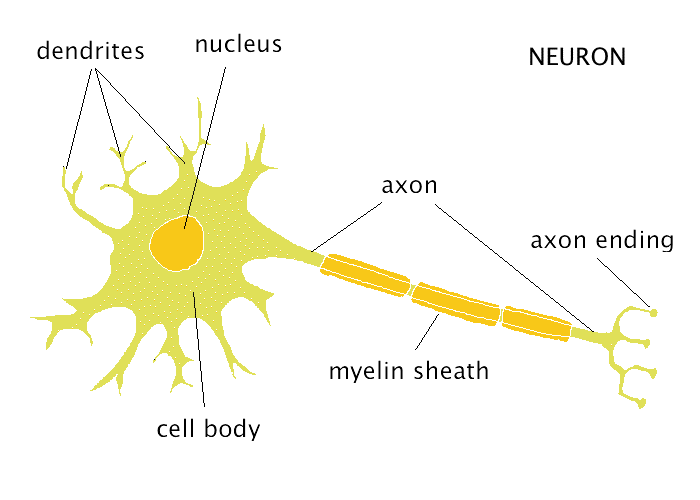In the English play (the name of which completely slipped my mind), a young Christian boy is enslaved by a Turkish man after the boy's ship is captured. The slaveowner had a male steward that was extremely sexually attracted to the slave and propositioned said slave for sex multiple times. The Christian slave refuses and ends up killing the steward. Long story short, the boy is sentenced to death by crucifixion, and after his death his body mysteriously does not rot or attract scavengers like the other death bodies around him.
The Ottoman love story chronicles the tale to two Ottoman males who are enslaved by two different Englishmen after an Ottoman ship wrecks and strands them. The Ottoman males fall in love with their respective masters, who reciprocate the love. English society, however, does not approve of this, and the masters are thrown in jail while the Ottoman men are sentenced to a slave ship. The slave ship is then captured by Ottoman forces (what a coincidence!), and the Ottoman are freed. Meanwhile, the masters escape from jail and are picked up by their lovers, who are now in charge of the slave ship. All four return to Turkey and live joyous, happy lives together.
I found it interesting that both texts included the hierarchical power dynamic in the homosexual relationships (master and servant), a dynamic that reflects that of stereotypical Middle Eastern homoerotic relationships (older and younger male). In addition, one text applauds the removal of homosexuality and grants the individual a beautiful death, while the other grants its characters a beautiful life because they accepted homosexuality. Professor Boone mentions that this reflects the divide between and Middle Eastern and Western values, and suggested that as the West moves toward acceptance of homoeroticism, there is a possibility of bridging the gap between the two cultures, a phenomenon that would have a significant impact on world politics.

